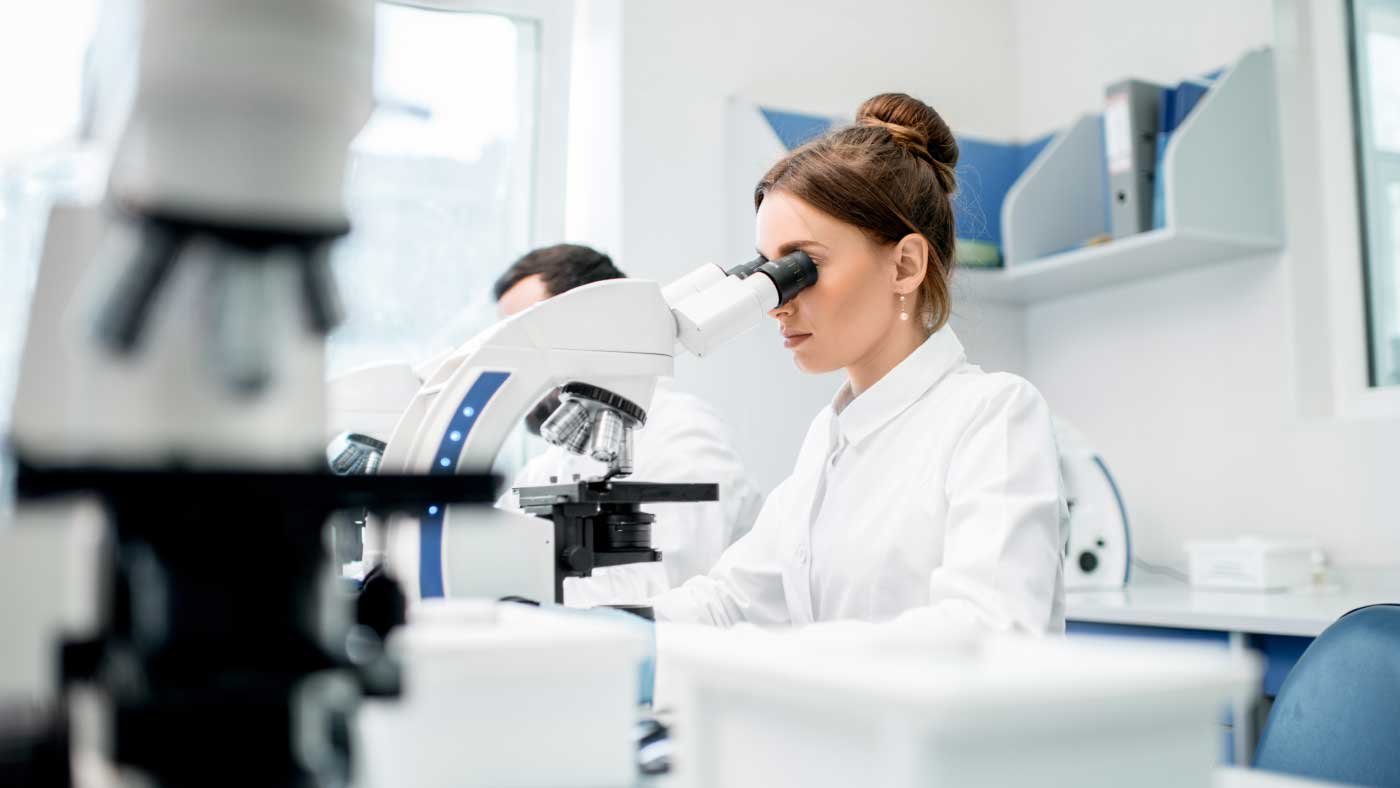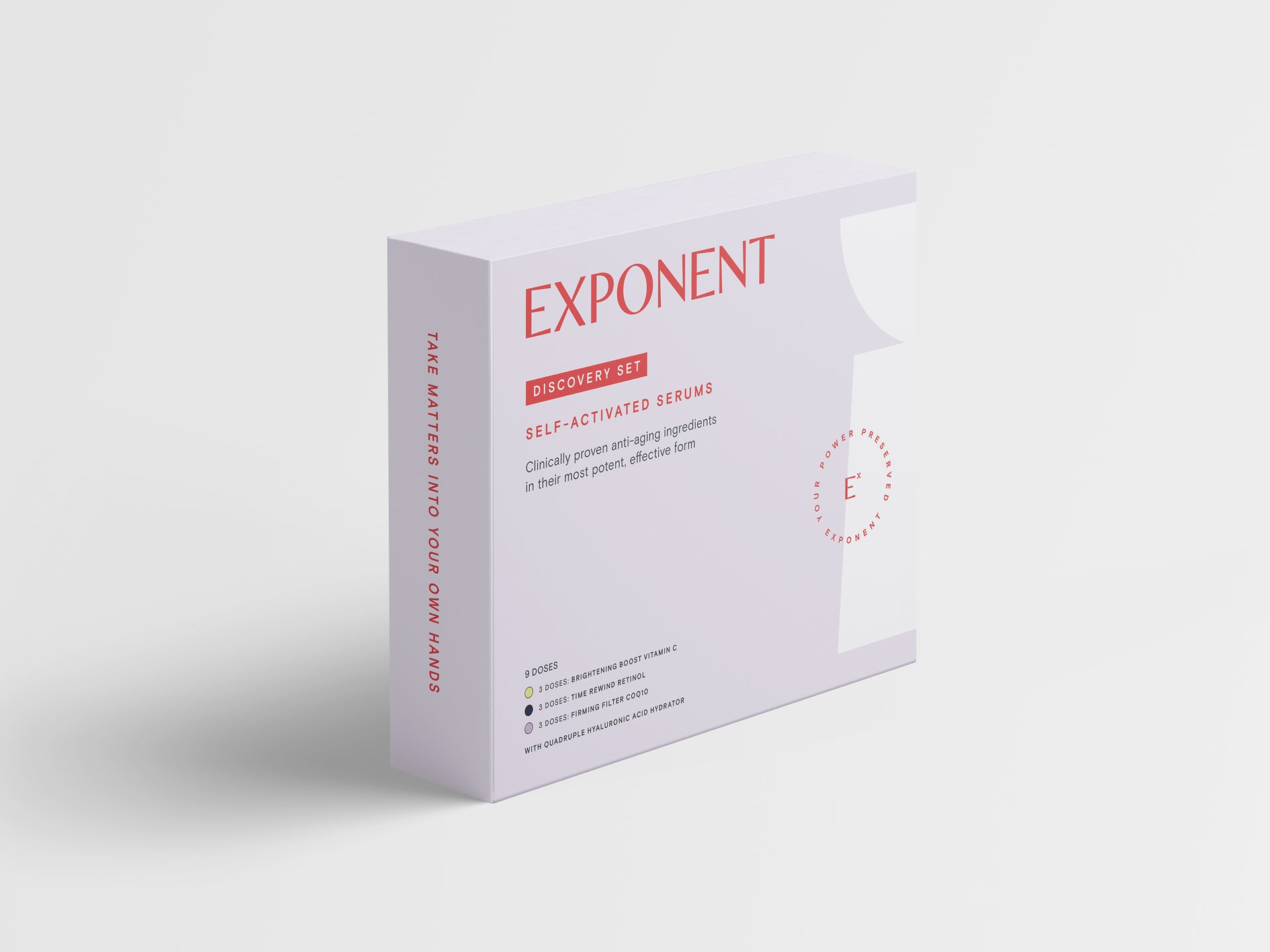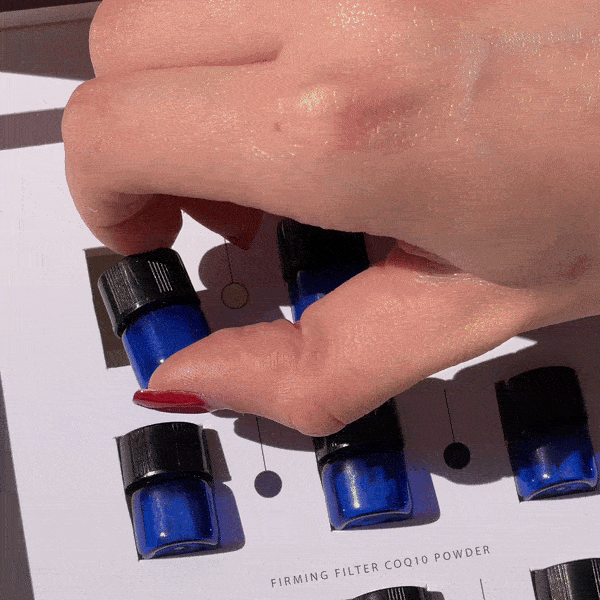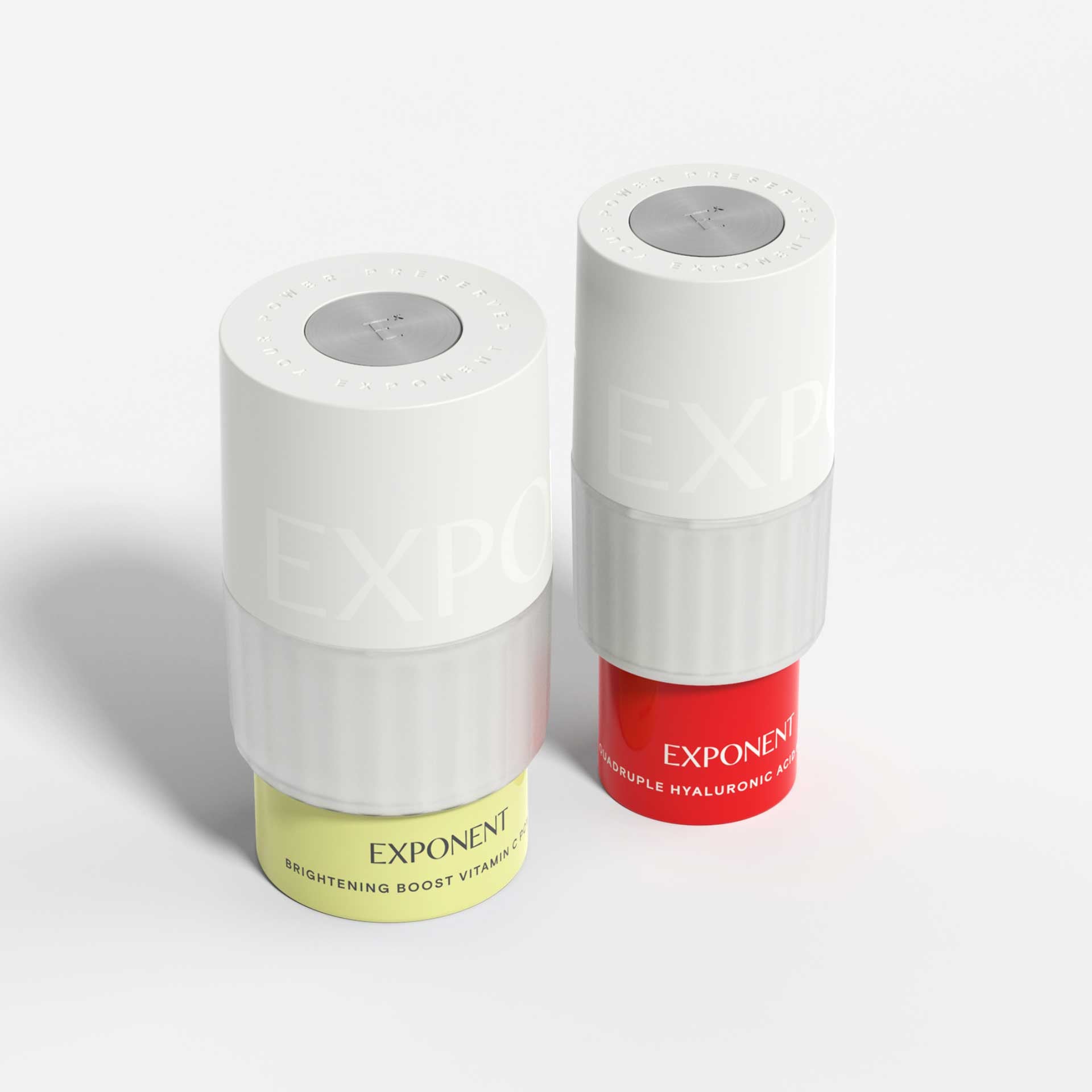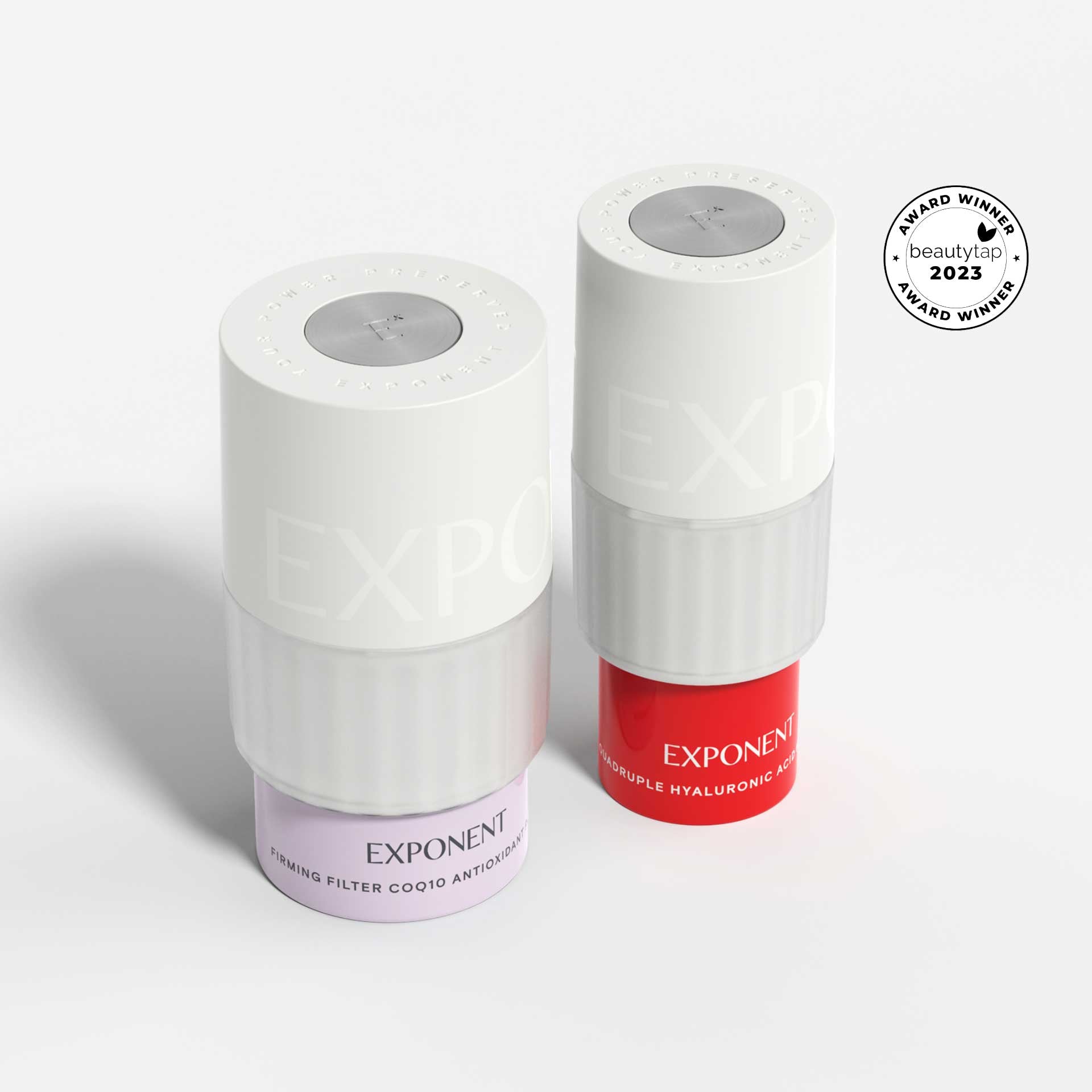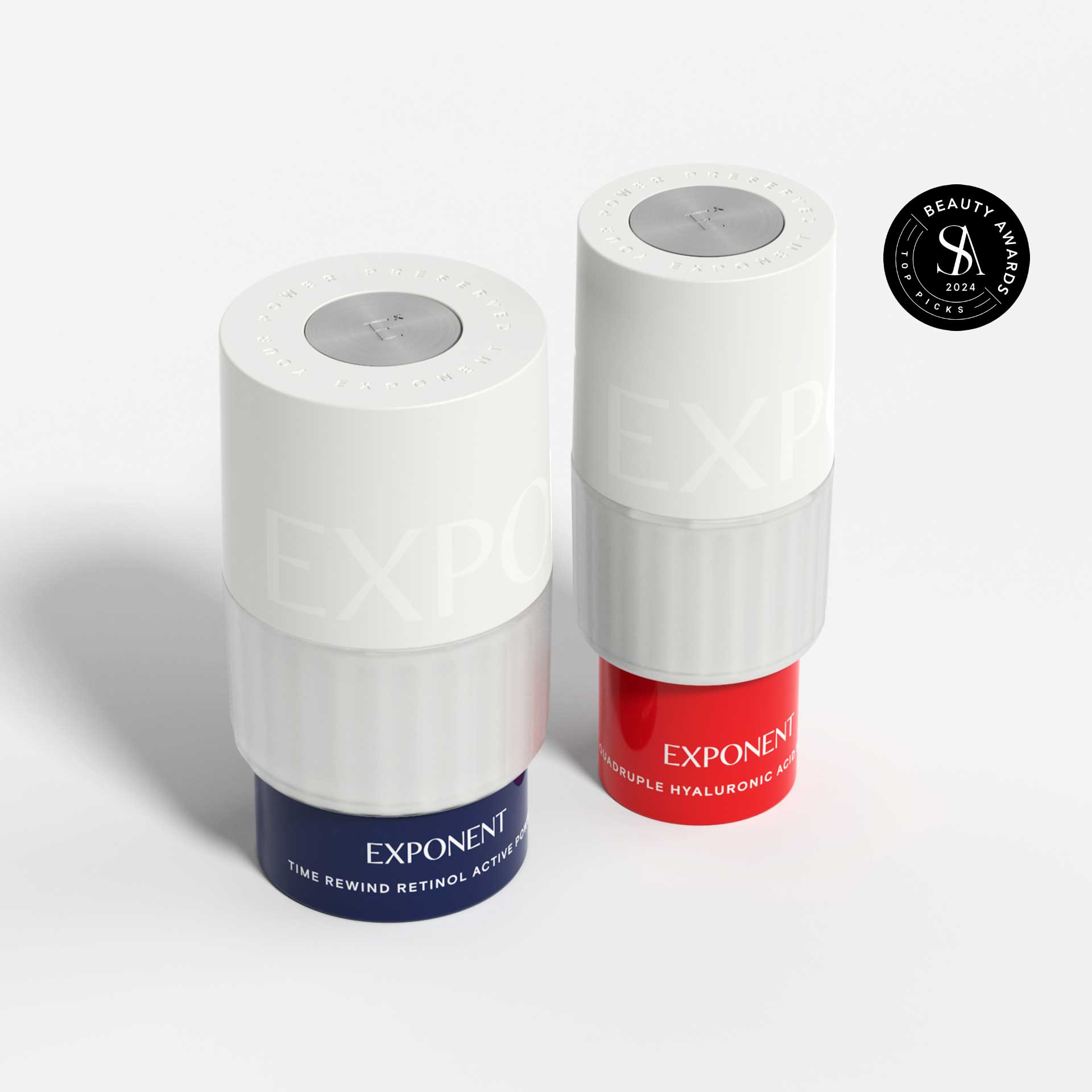Pseudo-science (noun)
A claim presented as scientific, but which does not adhere to the scientific method.
AKA a load of bs. Is your skincare full of it?
Clinical Results In Skincare
You would like to believe your skincare is doing what it says, especially when products boast “clinical results.” It sounds scientific. The reality is, some findings are backed by data, while others are...murky. We break down two ways of skincare testing — consumer studies and clinical trials — and separate the facts from the feedback.
Consumer Perception Tests
We have to hand it to the marketing maverick who put “perception” and “test” together. Here's the deal — it’s a survey (aka a consumer study). The consumer survey is given to people who have been using a product for an equal amount of time, asking whether they agree or disagree with a series of statements.
“The claims aren’t lies, but they aren’t really truths either."
Those answers are compiled and translated into marketing claims such as what percentage of consumers liked the way a product felt on their skin or what percentage thought their skin improved after using the product. Dr. Manish Shah, a board-certified plastic surgeon, explains it's all about the feels. "As with most marketing, the claims hit customers the right way emotionally." Shah adds, “The claims aren’t lies, but they aren’t really truths either." [1]

The consumer perception survey is feedback that lives under the “clinical testing” umbrella but doesn't measure results or include factors such as:
- How many people participated in this “study” or "test"
- What the study entailed
- How long the study lasted
- What results the participants had
- Whether results were replicable in different groups of people [2]
London-based esthetician and beauty consultant, Caroline Hirons, explains the major problem with these ‘trials’ is that you may have no idea what demographic and skin type makes up the group. "If you put a really hydrating moisturiser on a 70-year-old woman that has only ever used soap and water on her face, she may think it’s amazing." Hiron continues, "If you put that same moisturiser on me, I may think it’s doing absolutely nothing."
In a lot of cases, consumer surveys are really just marketing dressed up as facts. Hiron says it may be a fact that 35 out of 80 women ‘found that the product enhanced the firmness of their skin’, but poses — what was their skin like before? She then follows with rapid-fire questions, "What is the base level in the group of women? How old are they? Were they wrinkled to begin with? Did they have acne? Did they have sensitive skin?" These trials are based on the participants putting thoughts to paper, not studied in detail under a microscope in a clinic. That’s a consumer trial.[3]

As for the language surrounding clinical trials, critics refer to them as puffery. Some cosmetic scientists themselves are skeptical of claims they often come across. “So many advertising claims are ridiculous,” says personal care industry consultant David Steinberg. He once joked with a marketer about a skin product that claimed it “makes you look 20 years younger.” Steinberg said he applied it to a seven-year-old and afterward couldn’t find the child.[4]
Health law and policy professor, Timothy Caulfield, warns consumers not to jump to conclusions. “Phrases such as “clinically proven” or “dermatologist approved” have little meaning because they could refer to almost anything. For example, what kind of study led to the representation that a given product was clinically proven? Did the manufacturers simply ask a couple of buyers? Do not be fooled by this kind of language…” [5]
| CONSUMER PERCEPTION | CLINICAL TESTING |
|
|
|
|
|
|
|
|
33% reduction in hyperpigmentation at 12 weeks |
|
|
|
Clinical Testing
Unlike the consumer perception survey, clinical testing is performed in a clinical environment and takes scientific measurements of the skin. Studies are typically performed for 8 weeks (sometimes 12 weeks) with measurements and pictures being taken at “baseline” (the start of the study, before the product being tested is used on the skin) then at 4 weeks and 8 weeks. Since the skin goes through a 30 day renewal cycle, even if some benefits can be seen immediately, it will take a minimum of 4-8 weeks for there to be real improvement in the skin.[6]
While in a clinical trial, participants following a protocol are seen regularly by research staff to monitor their results and to determine the effectiveness of the products. The brand might also follow a control group of people who are not using the product and compare the results with the people who are.

Credit: Germain Puccetti/Ashland
Multiple images taken with a Visia imaging system made by Canfield. Light, filters, and software reveal pores, sebum, brown spots, UV damage, and other signs of wear and tear.
There are also standardized factors that can be measured in a clinical study, such as:
- Skin moisture levels
- Skin texture/roughness
- Skin clarity
- Mottled hyperpigmentation (where there are lighter and darker spots on the skin)
- Skin laxity
- Fine lines and wrinkles
- Skin dullness and luminosity
THE BOTTOM LINE
If you're wavering between an Instagram-famous face mask or one that's been clinically tested, NYC dermatologist, Dr. Bhansuli, urges the latter. "I would generally recommend to pick products that are backed by science," he said. "If a brand relies more on marketing than testing, there could be an issue with the product." 7
EXPONENT BEAUTY
Learn more about our Patented Anti-Degradation Skin Care System and our Clinical Results.
Footnotes
- Kimberly Holland. These 10 Skin Care Claims Are Meaningless — Here’s What to Buy Instead. Healthline. March 2019. Source
- Lauren Smith. “Clinically Proven” on Skin Care Products: What Does It Mean? HealthiNation. May 2021. Source
- Caroline Hirons. Cheat Sheet – Consumer and Clinical Trials. April 2015. Source
- Marc S. Reisch. Making cosmetic claims that stick. Chemical & Engineering News. May 2016. Source
- Sara Sweeney. Skincare Studies Explained. Trufora. Source
- Timothy Caulfield. The Pseudoscience of Beauty Products. The Atlantic. May 2015. Source
- Alaina Demopoulos. What's the Deal With Clinicals, and Why Don't All Brands Do Them? PopSugar. August 2018. Source


